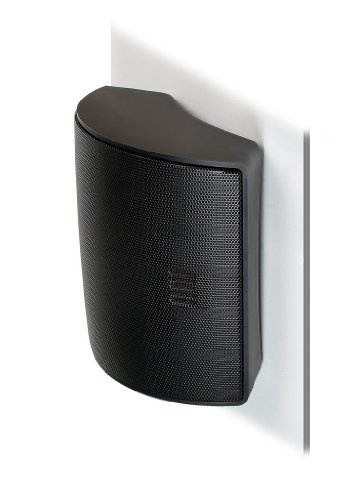Pneumonic
Well-known member
Hi, Bernard.Don't forget that most components are designed to a specific price point, which impacts the design of the power supply, i.e. how well it performs. So, a power conditioner could well improve the component (it does in my modest setup). I can't make such a statement about high end power cables as I have no experience with them; but I certainly will not say that they make no difference without doing any listening.
I would love to see a report of the results of using a fancy cable or conditioner with a cost-no-object preamp such as the ARC Reference 10. I wish I could listen for myself, but lack the finances.
Back in the early 80's, and fresh out of university, my first Jr engineering position was designing the electronics for memorywriters produced by a major xerographics company. Pieced in that design work was power supply design. Back then it was trivial to flatten ripple and clean up voltages with no sweat and without incident. It was nothing to measure conditioned voltages that reside -95 dB which, in the case of audio electronics, will be WELL under the system's noise floor and insignificant.
Sure, price point is relevant but, even a decently designed power supply will clean up voltages in the order of many volts, nevermind it being trivial to do so with what would be no more than a millivolt effect brought upon by a power cord change. This is certainly the case for the caliber and quality of the gear that would justify the spending of several hundred of $ (or more) on an aftermarket power cord. For such gear, I would be seriously questioning its design if a mV effect, brought on by a power cord change, made a difference. I can’t imagine how despondent I would feel if I paid big bucks for such a piece of audio gear.
Last edited:













